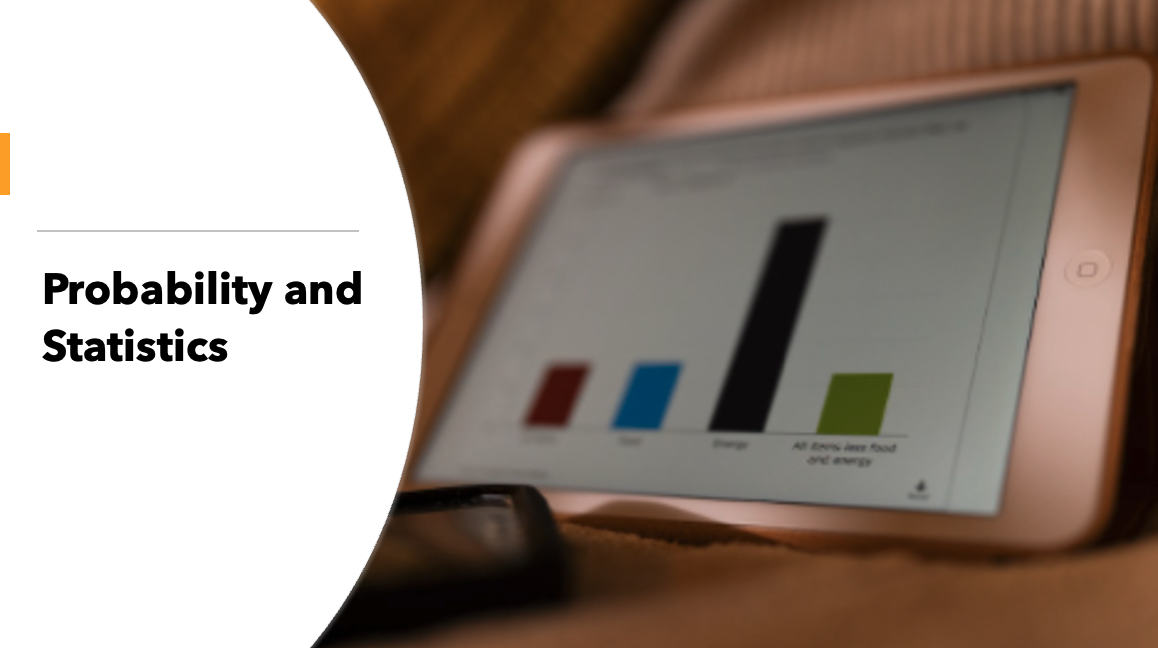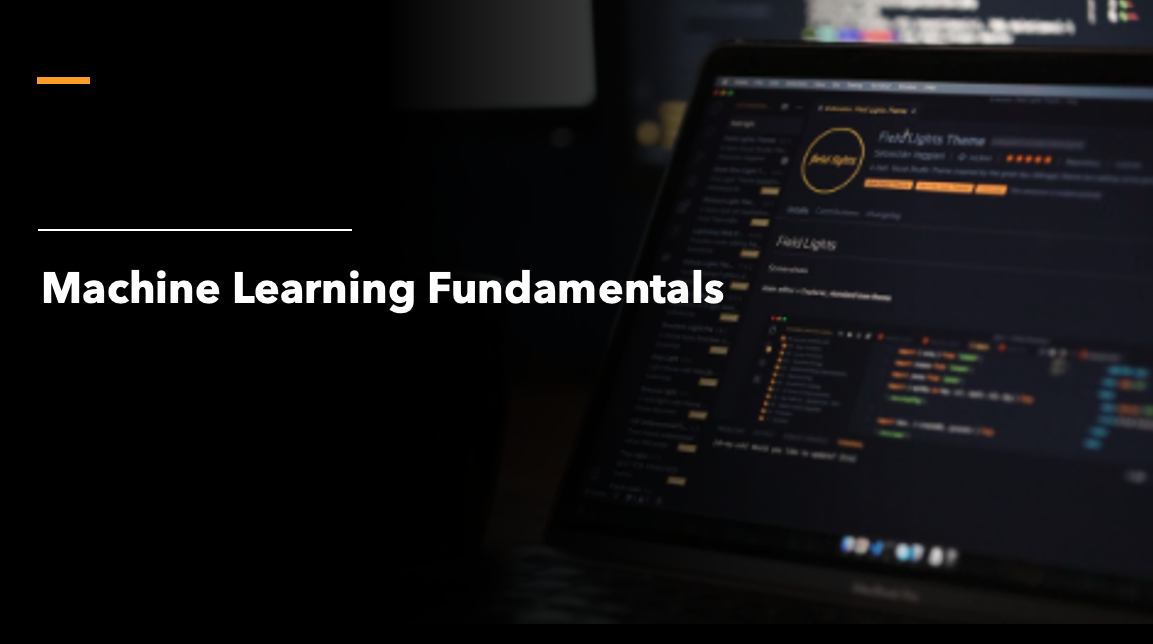Data science: Top 10 python topics for data science(Part 2)
Data science has become one of the most in-demand careers, and Python has established itself as the preferred programming language for data scientists. Python's broad library set, and concise syntax makes it a powerful and versatile environment for working with data. This post will look at the top 10 Python topics for data science and the tools and techniques that make Python such a powerful data analysis tool.
1. Probability and Statistics: The fundamentals of probability and statistics are covered in this topic, which includes distributions, hypothesis testing, and statistical models.
2. Machine Learning Fundamentals: The principles of machine learning are covered in this topic, which includes supervised and unsupervised learning, model selection, and overfitting.
3. Scikit-learn: Scikit-learn is a Python machine-learning package that provides a variety of methods for both supervised and unsupervised learning.
4. Linear Regression: Linear regression is a statistical model that uses continuous data to produce predictions.
5. Logistic Regression: Logistic regression is a statistical model that uses categorical data to create predictions.
6. Decision Trees and Random Forests: Decision trees are a machine learning model that can be used for classification and regression. Random forests are an extension of decision trees in which many trees are built, and their findings are combined for greater accuracy.
7. K-Nearest Neighbors (KNN): KNN is a machine-learning technique that can be used for classification and regression.
8. Support Vector Machines (SVM): SVM is a machine learning technique that can be used for classification and regression.
9. Clustering (K Means): Clustering is a sort of unsupervised learning in which comparable data points are grouped together. KMeans is a well-known clustering technique.
10. Natural Language Processing (NLP) with NLTK: NLP is the study and application of computers in the processing and analysis of human language. NLTK is a Python NLP library.
Conclusion
Part II of this guide provides the next top 10 topics for data science to be covered as an intermediate data science enthusiast. You will be well prepared to confront real-world data science problems and make data-driven decisions if you master these concepts. Tip: Continue to be curious, practise, and don't be hesitant to take on new tasks. Python's capabilities are measureless.


